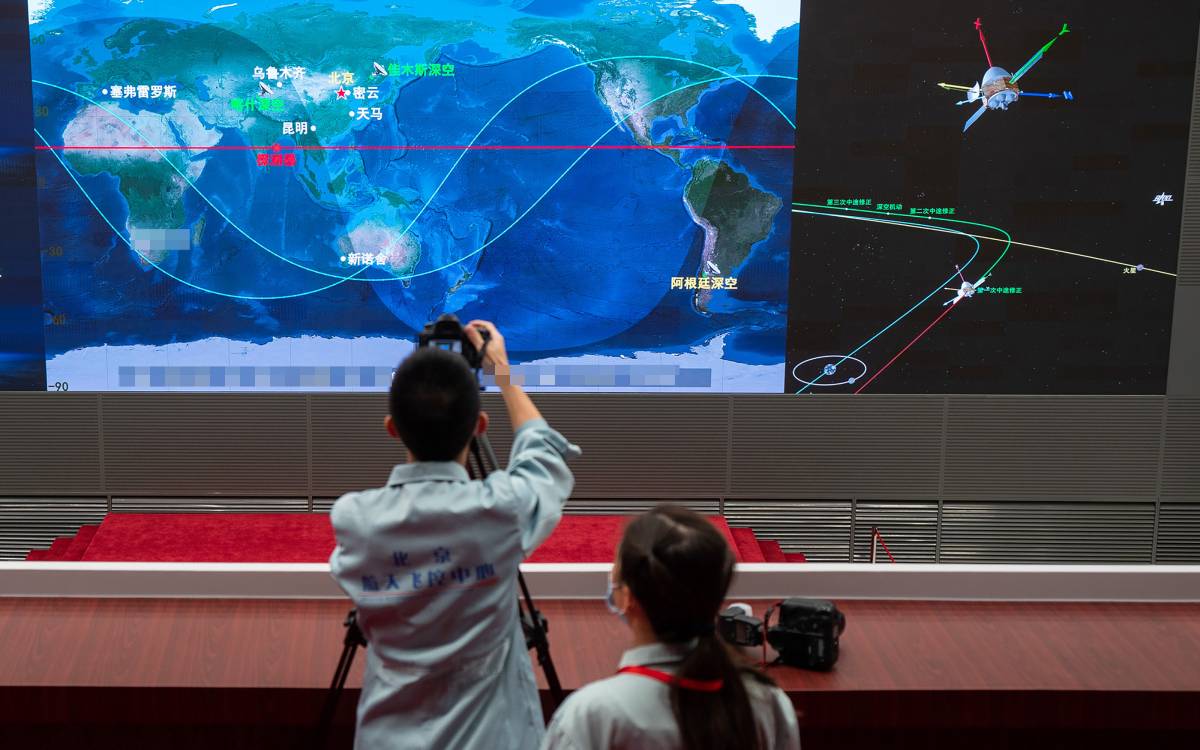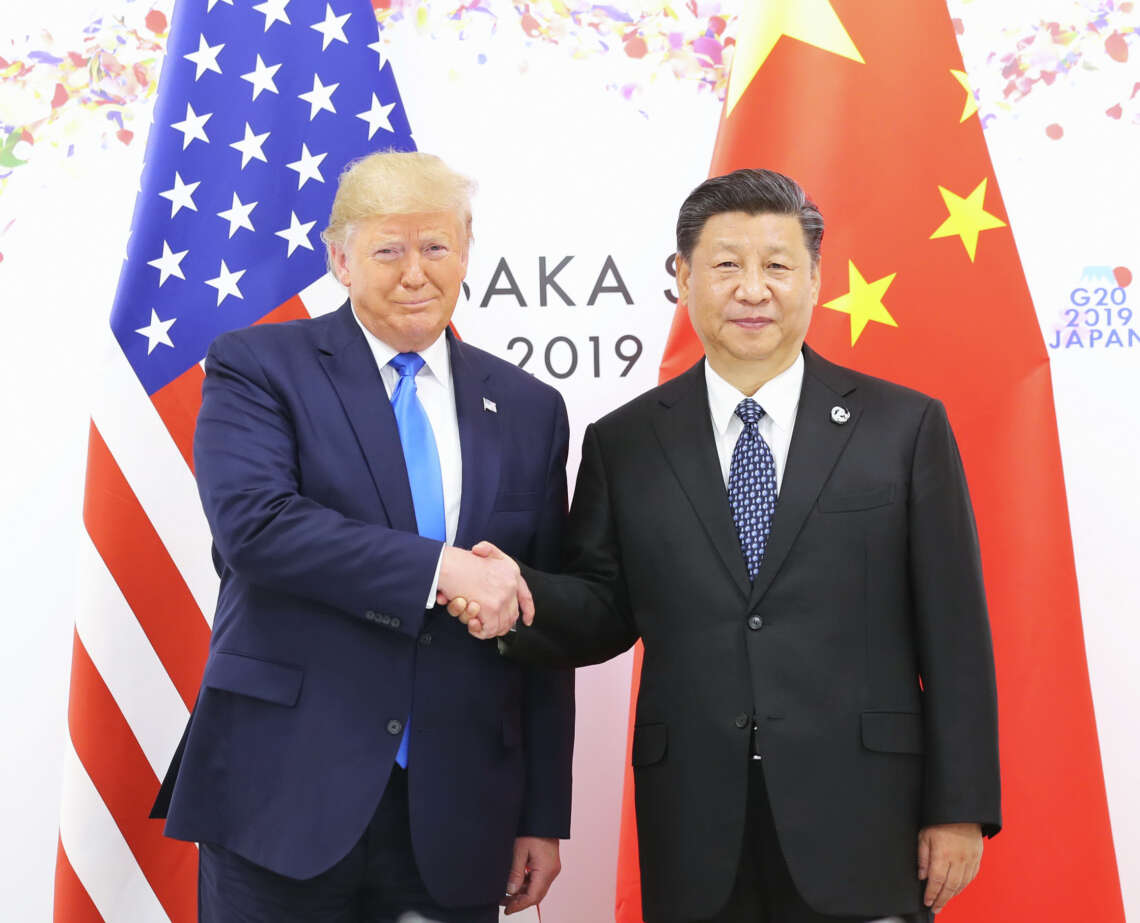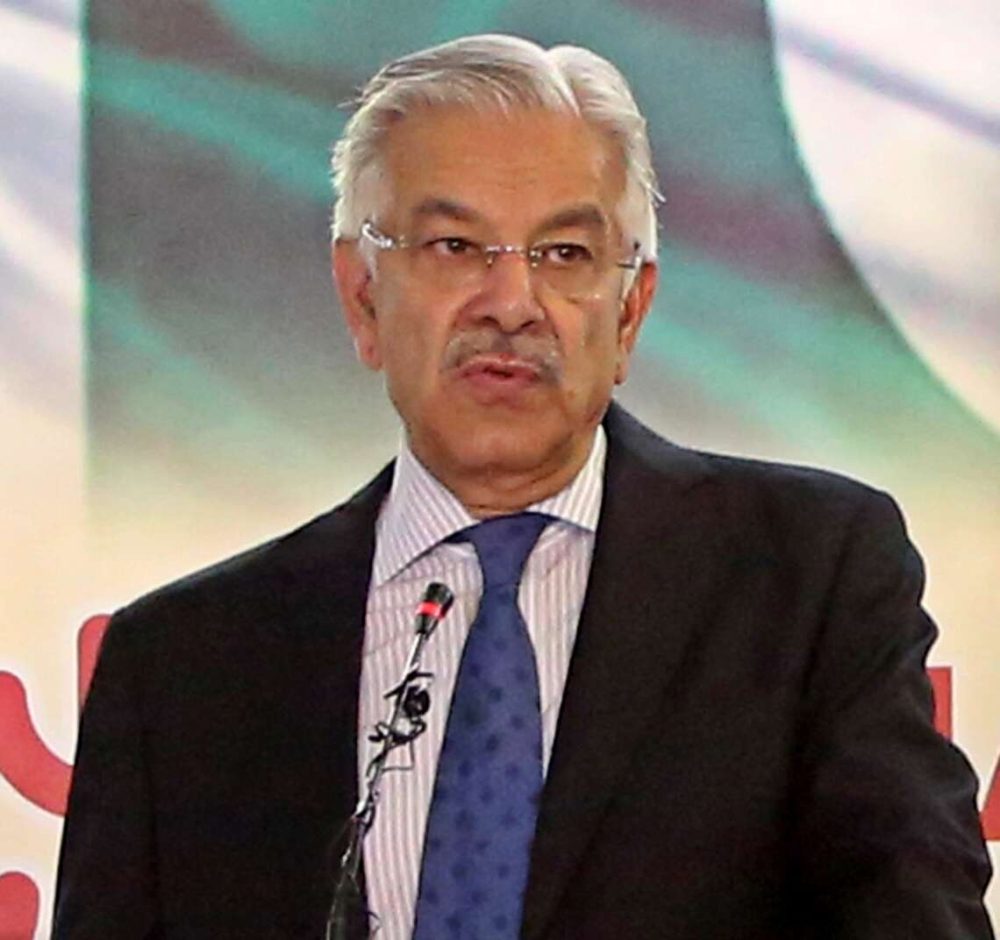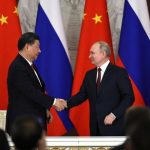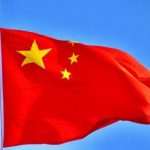There is enough evidence to prove that China’s space programme is targeted to move ahead and use space to dominate not only the US but also the rest of the planet. In terms of the US national security, and for the rest of the world also, China’s space capabilities have been defined as one of the most significant future threats to the global peace, writes Asad Mirza
Most countries around the world whether big or small, developed or developing, pursue a space programme of their own or in collaboration with advanced countries. Most aspects of these programmes are in the public domain and are targeted towards scientific and human advancement.
The spectre of a space was between the US and Russia came to an end with signing of the START Treaty in 1991 between the two. However, China has emerged as a country, which pursues a very secretive space programme and may force the mankind in a space war and global dominance.
There is enough evidence to prove that China’s space programme is targeted to move ahead and use space to dominate not only the US but also the rest of the planet. In terms of the US national security, and for the rest of the world also, China’s space capabilities have been defined as one of the most significant future threats to the global peace.
China’s plans were outlined very clearly when shortly after becoming president in March 2013, Xi Jinping made his ambitions for China’s space power very clear. “Developing the space program and turning the country into a space power is the space dream that we have continuously pursued”, he said.
“The space dream is part of the dream to make China stronger.”
China’s aim is to become the world’s leading space power by 2045. In a 2017 editorial, China Daily had said: “China will become an all-round world-leading country in space equipment and technology. By 2045, it will be able to carry out man-computer coordinated space exploration on a large scale.”
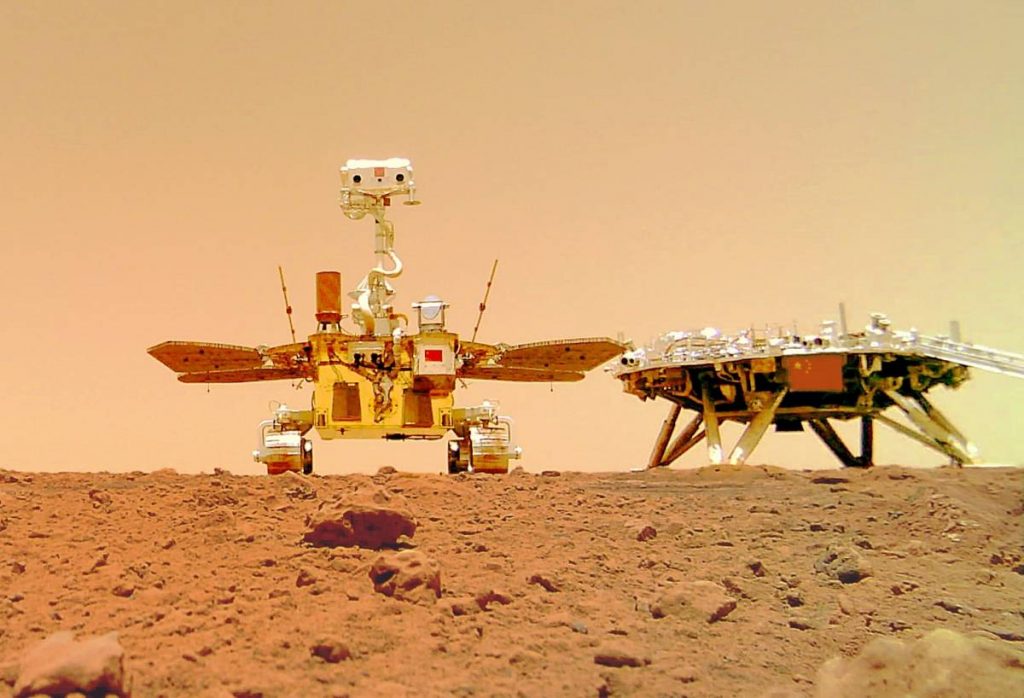
US concerns
The advances and secret dimension of the Chinese space programme have been duly noted and concerns have been raised by the United States in this regard. The US-China Economic and Security Review Commission in its 2019 Annual Report to Congress stated that “China is taking steps to establish a commanding position in the commercial launch and satellite sectors relying in part on aggressive state-backed financing that western market-driven companies cannot match”.
ALSO READ: China lashes out at Blinken’s meeting with Tibetan monk
US Defence Secretary Lloyd Austin, in his written testimony prior to his confirmation hearing in January 2021, declared that Chinese and Russian space activities present serious and growing threats to American national security interests. Chinese and Russian military doctrines also indicate that they view space as critical to modern warfare and consider the use of counter-space capabilities as both a means of reducing US military effectiveness and for winning future wars.
A Pentagon report in 2020 stated that the PRC continues to strengthen its military space capabilities, despite its public stance against the weaponisation of space…. the PRC is developing electronic warfare capabilities such as satellite jammers…. and China probably intends to pursue additional anti-satellite weapons capable of destroying satellites.
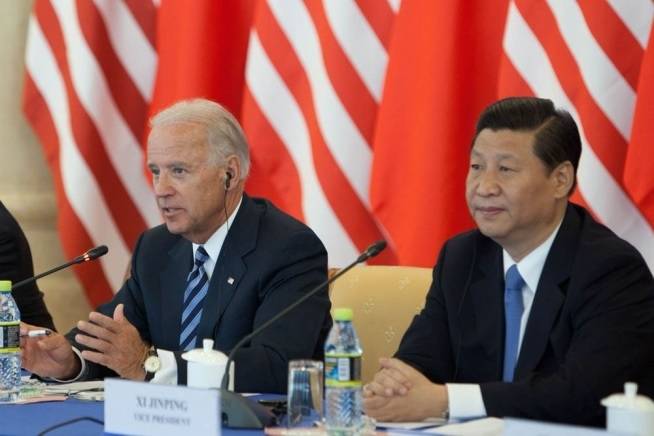
Chinese space programme
A significant aspect of China’s space initiative is the Beidou Navigation Satellite system (BDS), a global navigation satellite system that provides positioning, navigation and timing, in addition to data communication. The Chinese military has created the programme in order not to be dependent on the US-controlled GPS network. A report by the Jamestown Foundation says: “In recent years, the PRC has actively sought to promote the image of Beidou as a civilian-led programme intended primarily for commercial and scientific purposes, however, the program is under overall military direction, with the People’s Liberation Army in charge of Beidou’s development.”
Beidou can also be termed as China’s “Space Silk Road”, which expands China’s Belt and Road Initiative (BRI) and its land-based and sea-based versions to space. Beidou makes countries participating in the BRI, dependent on China for precision navigation and other space based services.
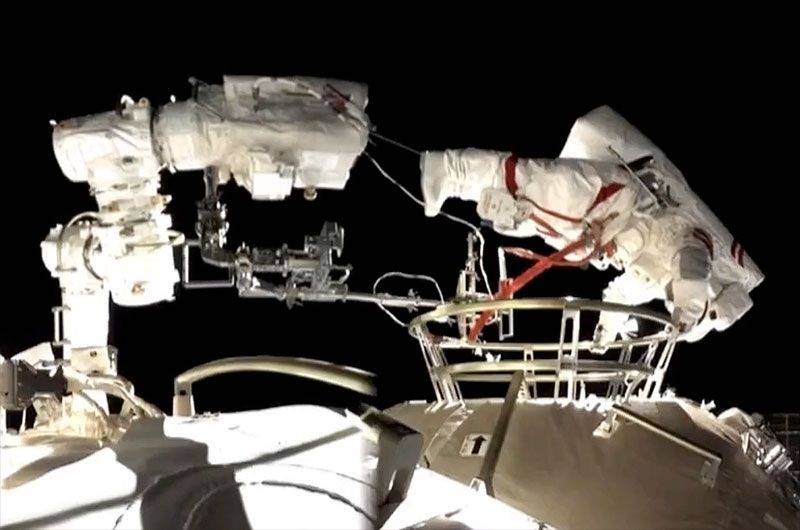
Malcolm Davis of the Australian Strategic Policy Institute wrote in 2017 that, “Chinese provision of satellite communications, weather monitoring and earth observation add to this vision for a Space Silk Road that overarches and underpins the Belt and Road Initiative. By signing up to the BRI ‘Space Information Corridor’, the BRI states would become dependent on Chinese-provided space services. That would give Beijing greater power to influence the policy choices of those states, because it would control the vital space capabilities that sustain their economic growth”.
We have already seen the negative impact on countries like Sri Lanka and Brazil, which participated in the land and sea versions of the BRI.
The US-China Economic and Security Review Commission further expressed caution in its 2019 Annual Report thus, “Beijing has specific plans not merely to explore space, but to industrially dominate the space…. Beijing uses its space programme to advance its terrestrial geopolitical objectives, including cultivating customers for the Belt and Road Initiative (BRI)… China’s promotion of… the Beidou global navigation system under its ‘Space Silk Road’ is deepening participants’ reliance on China for space-based services”.
China’s “Space Silk Road”, forms a very crucial part of its ambitious space goals. The commissions’ report further states that China has already succeeded in undercutting some US and other foreign launch and satellite providers in the international market, threatening to hollow out these countries’ space industrial bases… The aggressive pursuit of foreign technology and talent…continues to be central to this strategy and to China’s space development goals in general.
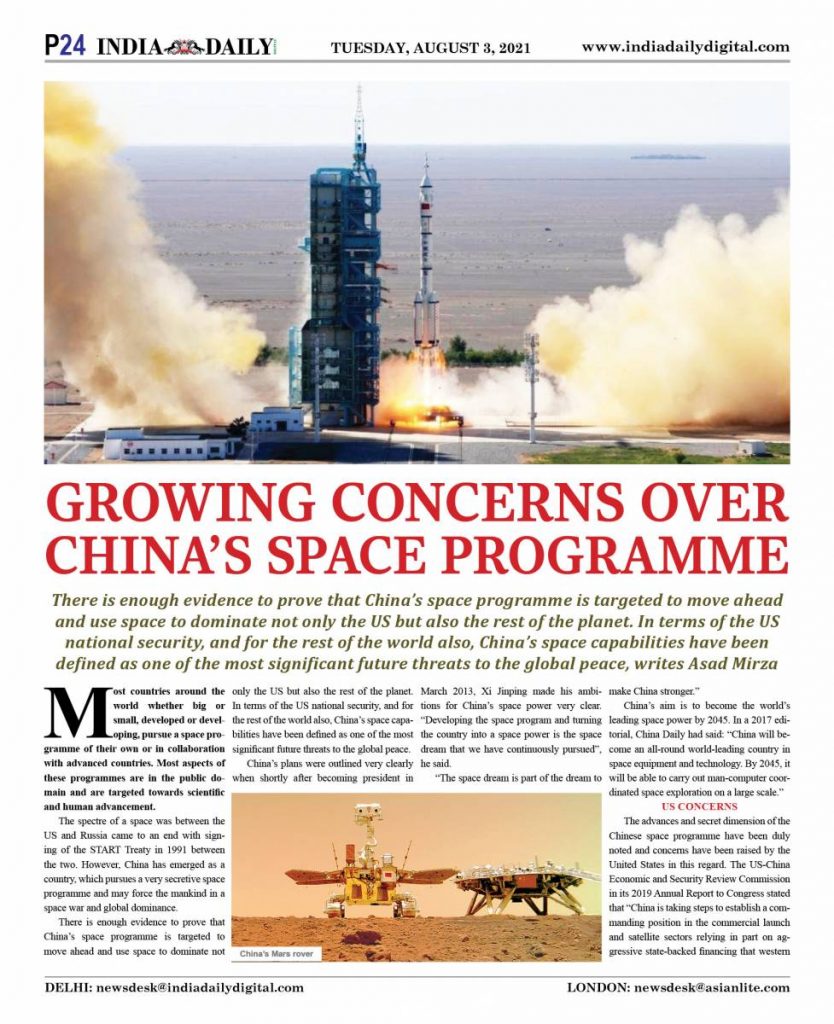
China’s Moon Programme
The China Daily in 2019 reported that “the next steps in China’s manned space programme will be manned exploration of the moon. We will set up bases on the moon to conduct scientific operations, expand a habitable place for mankind and gain experience and expertise for deep-space expeditions beyond the moon. The long-term goal is to send humans to Mars”.
Another worrisome development is Chinese cooperation with Russia in this regard. In March, China signed an agreement with Russia to work together to build a research station on the moon, which will carry out research on exploration and crucially, utilisation of the moon. Already in 2013, China launched its first lunar rover to explore the surface of the moon, hoping, among other things, to discover rare earth minerals, which are reportedly abundant on the moon. China’s Chang’e 5 lunar probe mission landed on the moon and brought back geological samples to China, which became just the third country to do so after the US and Russia.
In view of these developments it is a foregone conclusion that China will also move ahead to use space to dominate not only the US but also the rest of the world. Its plans for the future wars are space-based, in addition to utilising its large stockpile of surface to air missiles, ballistic and cruise missiles – which can strike from 500 to 5,500 km, thus covering a major part of the globe, without putting its soldiers’ boots on foreign soil and indeed it may not portend well.
(Asad Mirza is a political commentator based in New Delhi. He writes on Muslims, educational, international affairs, interfaith and current affairs. The views expressed are personal)


